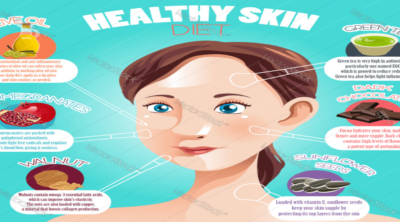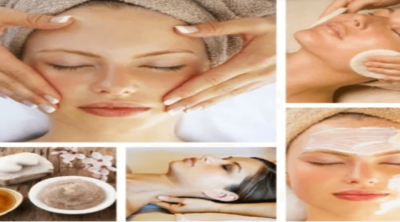
Many people swear loyalty to rubbing alcohol as an effective treatment for acne, while others beg to differ. Prepared from denatured alcohol, it is said to soothe the skin and act as an antiseptic. However, how effective is it really? Is it safe? BeautiSecrets tries to find the answers to these questions.
| Remember! Rubbing alcohol is listed as a skin irritant in the Material Safety Data Sheet. |
Acne. Sigh! A universal and terrible face problem that manages to conquer the skin of most people irrespective of gender or skin type (unless you’re one of those really lucky ones!) So what do we do when it threateningly shows up on our face? Try possible solutions, of course! Herbal remedies, visits to the dermatologist, and wishful thinking are prospective answers to the problem. (Well, the last one is a joke!) Many people pop their zits open. No offense, but ugh! Did you know that you’re just adding to the pimple problem and making it worse instead of bettering it by doing that?
It is widely believed that benzoyl peroxide is the most popular over-the-counter solution for acne, followed by rubbing alcohol. Before we get you all excited about this treatment, let us stop to understand what the latter really is.
What is Rubbing Alcohol?
Officially known as isopropyl alcohol, rubbing alcohol is made from a form of coal gas (propene) and water. This substance is used for rubbing grease, oil, and paint off filthy surfaces, from which it rightly derives its name. It is also known for removing DNA, which is why it is used in laboratories for removing the same from tissue samples.
Isopropyl alcohol has an antiseptic smell, and feels like a good medical solution for pimples. It is actually used to clean wounds, and is applied on the body before administering an injection. However, we must tell you that the reassuring antiseptic smell is very deceptive when it comes to using it for skin care. The next sections will explain this in more detail.
Does Rubbing Alcohol Treat Acne?
There are many points of view about the effectiveness of this substance for treating stubborn acne.
◼ Rubbing alcohol has antibacterial properties, which kills the bacteria causing the formation of pimples, thus minimizing outbreaks to a certain extent.
◼ It is also believed to act as an astringent, which shrinks the pores that secrete oil, thus ultimately reducing newer outbreaks.
◼ Advocates of rubbing alcohol claim that it dries up the acne, resulting in clean, clear, and beautiful skin.
◼ On the negative side, rubbing alcohol dries up the skin as well, leaving it broken and parched. This may lead to a severe burning sensation, especially when used on dry skin or open pimples.
◼ The drying effect results in increased oil production by your skin as a defense to the dryness. The dry skin is painful, and the increased oil production is a cause of additional and newer breakouts. Thus, rubbing alcohol tends to increase breakouts.
◼ Being a skin irritant, rubbing alcohol is very harmful for the eyes, and should not be applied anywhere near them.
◼ It kills skin cells and results in the clogging of pores with dead skin.
◼ Even if rubbing alcohol works without any glitch on acne, experts feel that it is a temporary effect, and that it causes as many problems as it is supposed to be treating.
As we have seen above, rubbing alcohol is believed to work on acne, but at a heavy price. Thus, it cannot be classified as an effective treatment for acne, and cannot be classified in the category of ‘safe’ medications. It is not advisable to use it as a skin treatment, especially if one has sensitive skin. However, some people do find it extremely effective. What we can deduce is that its effectiveness depends on individual skin types―it might be bad for most, but be a blessing for some.
Disclaimer: This BeautiSecrets article is for informative purposes only and should not be used as a replacement for professional medical advice. Please consult a dermatologist to seek the required and appropriate help that you might need.


